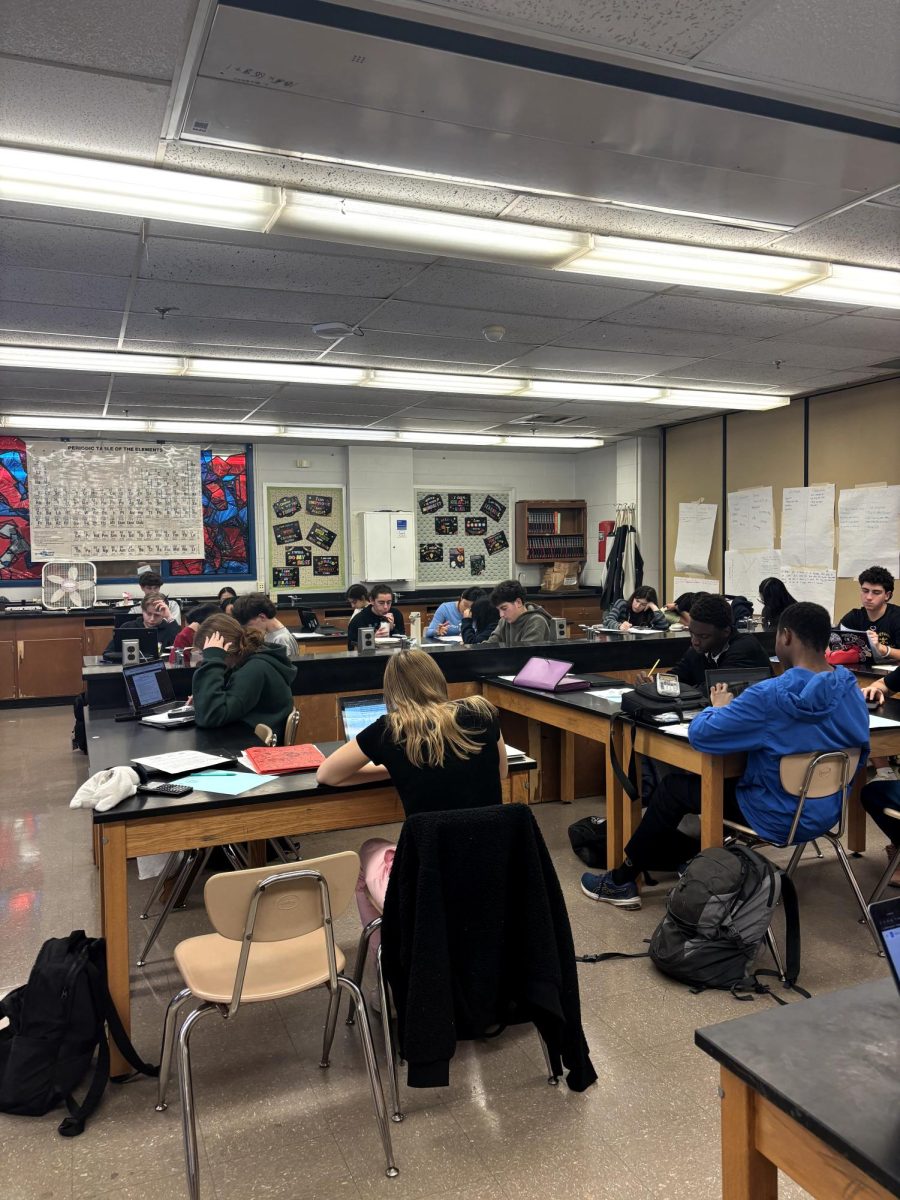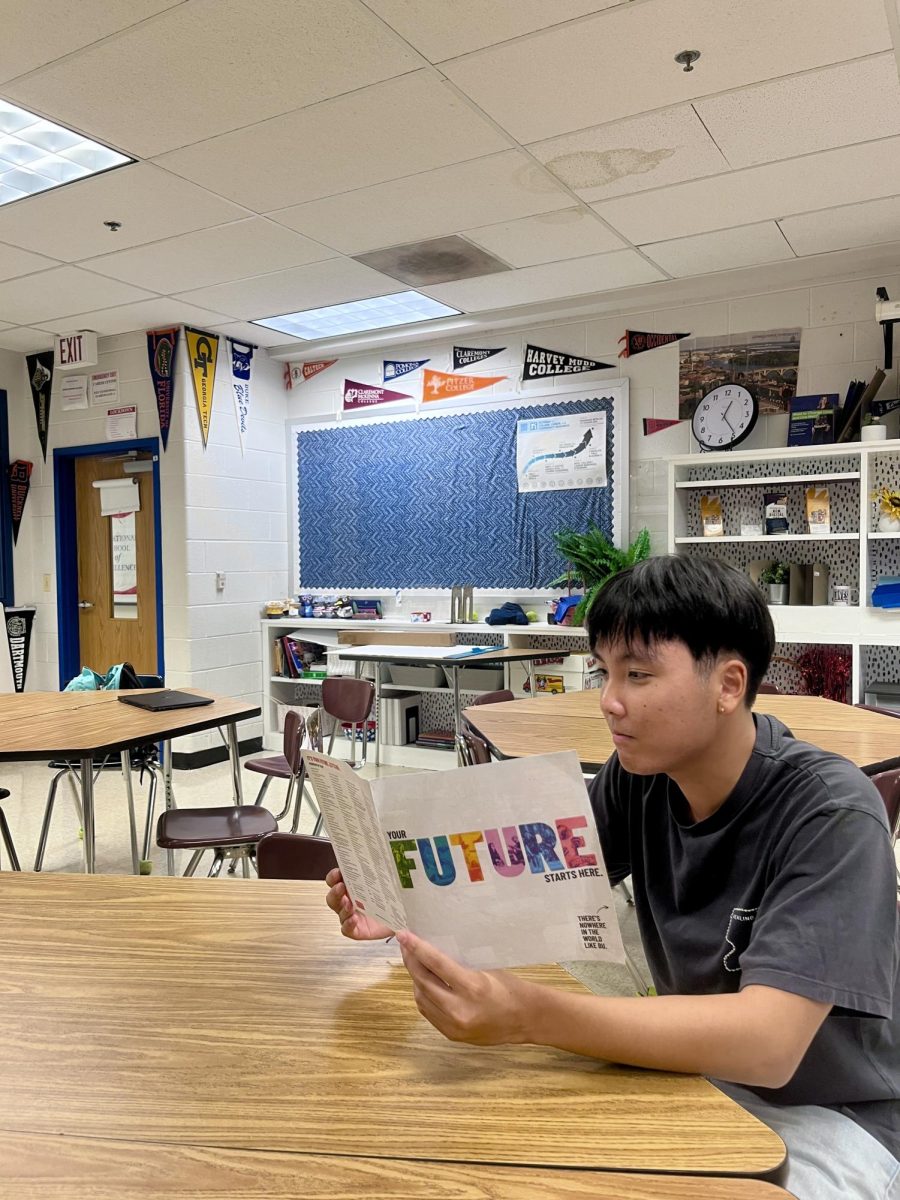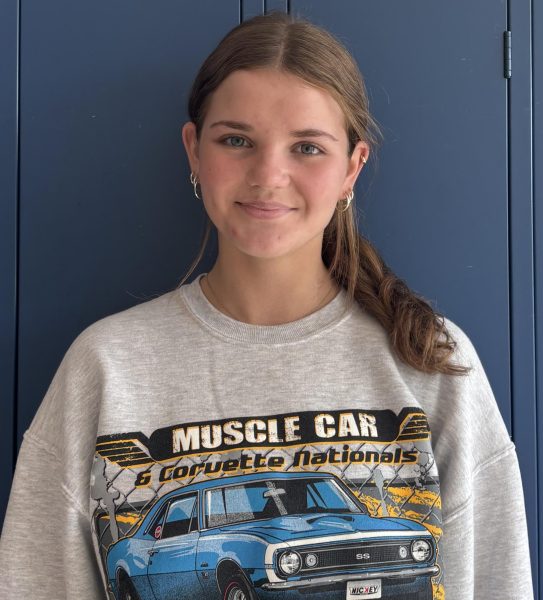STEM (science, technology, engineering and math) education is a point of debate in today’s society. A discussion of whether the U.S. is falling behind in STEM education occurs across political lines. The conversation happens here as well.
The typical high school student in Montgomery County takes biology and geometry freshman year followed by chemistry and algebra two their sophomore year. Whether they enroll in the honors level of the classes is a personal decision. After sophomore year, students and parents may wonder if engaging upperclassmen in further advanced STEM courses is beneficial for those not interested in pursuing a STEM career.
After a student completes both introductory biology and chemistry, Montgomery County Public Schools requires students to either take physics or an AP-level science course; courses offered include AP Biology, AP Chemistry, AP Physics and AP Environmental Science. Math course requirements include precalculus, AB Calculus, BC Calculus and statistics. All students must also complete one year of computer science/technology for graduation.
Advanced STEM classes may challenge students significantly; Their challenging material and intense workload require studying and knowledge acquisition, increasing stress. Counselor Ann Redman said the benefits of engaging in these hard classes is worthwhile. “I think everybody has a class that is their strong point and if we just eliminate those classes that are not a student’s strength, they will never learn more efficient study strategies, ways to look for help, tenacity and resilience. It’s important to keep these advanced STEM classes because I believe it gives a well rounded education but it also teaches students about things they might not know about. For example, people might not think climate change is for real unless they have a strong science background,” Redman said.
Going beyond the basics of STEM isn’t for everyone. One student may excel in one subject whereas a different student will struggle with that same one. English department Resource Teacher Evva Starr said students should have a, “comprehensive, well-rounded education that includes course work across a range of subjects. However, once students have taken basics across that range of disciplines, then they should be able to specialize in what’s most interesting to them. In terms of science and math, biology, chemistry, geometry and algebra should be basic knowledge that all people possess. Beyond that, I believe students should be able to make choices that are best and right for them,” Starr said.
Upperclassmen often struggle balancing their extracurricular activities with an overwhelming amount of school work. Workload differs from class to class, and students may feel they are putting in a lot of time for classes they aren’t interested in. “As someone who is currently enrolled in AP Chemistry, I clearly am interested in further studying science, so I think these classes are more beneficial to me than just a required schedule filler. However, many of my friends and peers find it frustrating to have such a heavy workload for these higher level STEM classes despite the fact they are not interested in a STEM major,” junior Abby Goozh said.







![Editors-in-Chief Ahmed Ibrahim, Helen Manolis, Cameron Cowen, Alex Grainger, Emory Scofield, Hayley Gottesman, Rebekah Buchman and Marley Hoffman create the first print magazine of the year during the October press days. “Only a quarter of the schools in MCPS have programs that are like ours, a thriving, robust program. That makes me really sad. This is not just good for [the student journalists] to be doing this, it’s good for the entire community. What [student journalists] provide to the community is a faith in journalism and that continues for their lifetimes," Starr said.](https://woottoncommonsense.com/wp-content/uploads/2025/10/wmpoFTZkCPiVA3YXA4tnGoSsZ4KmnKYBIfr18p3l-900x1200.jpg)

